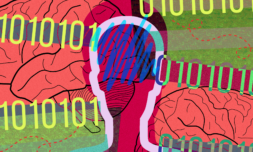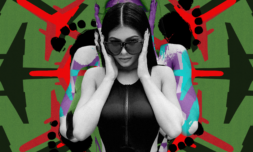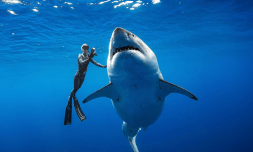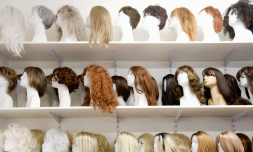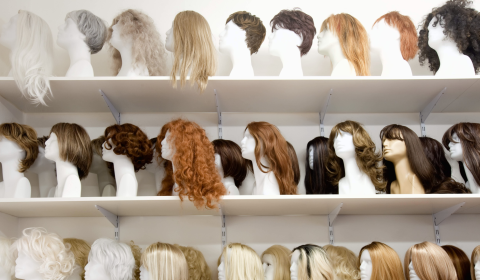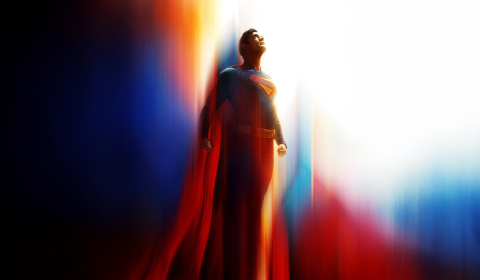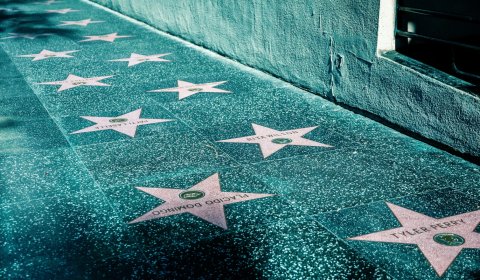In a world driven by fame, money, and internet notoriety, is pushing your child into acting inherently abusive? Nickelodeon star Jennette McCurdy certainly wants you to think about it.
If you grew up in the late 2000s – and were lucky enough to have a Sky TV dish on the side of your house – you probably spent most of your weekday mornings watching Nickelodeon.
Shows like Drake & Josh, Zoey 101, and iCarly signposted the pre-teen years for much of Gen-Z. And with them came a suite of household names from Ariana Grande to Miranda Cosgrove.
Amongst these beloved child-stars was Jennette McCurdy, who played the bolshy, confident Sam Puckett on iCarly. McCurdy revisited the character in spin-off series ‘Sam and Cat’ alongside Ariana Grande in 2013.
But despite the widespread success of both shows, and her lasting impact on the tweens of 2007, McCurdy has now spoken out about the realities of being a child-star. In short: it was terrible.
McCurdy’s new book ‘I’m Glad My Mom Died’, serves as both memoir and tell-all attack on the world of child-acting. Despite its shock factor, McCurdy has confirmed that the title isn’t a joke. ‘It’s something I mean sincerely’, she told Buzzfeed, ‘If she were alive, I’d still be trapped’.
This blunt, honest approach to complex and heart-breaking issues is McCurdy’s bread and butter. It frames her entire book and, inevitably, her life. But it comes as a coping mechanism after what she now reveals was years of childhood trauma.
To many of us, losing your mother to cancer at just 21 would be unthinkable. It comes as a surprise that Debbie’s passing was a positive turning point in McCurdy’s life, something she puts down to child acting. At its core, the book serves as a warning to other parents looking to set their children on a path to fame.
Jennette’s mother got her into acting from age 6. Debbie’s own dreams of being an actor often meant she pushed her daughter to unethical limits. McCurdy recounts being forced to work long hours even when she was sick.
Her mother also withdrew McCurdy from any form of social life until her early 20s, instead focusing her attention solely on growing a career. The outcome of this gruelling, isolated work was that McCurdy had eating disorders for much of her teens and 20s – both anorexia and bulimia.










